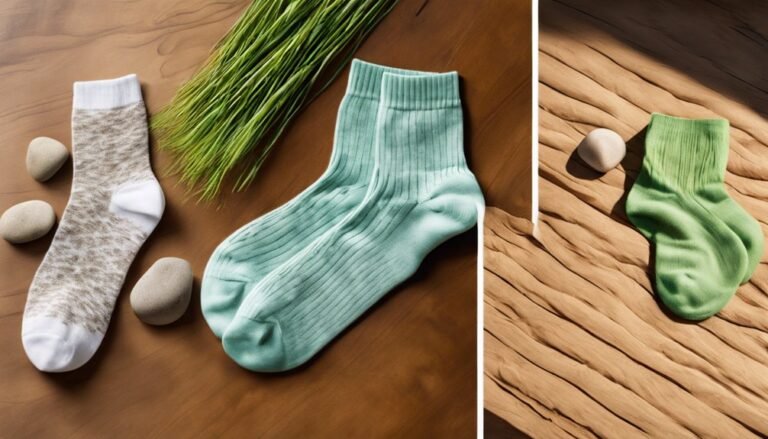Merino Wool Vs Cotton Socks
When choosing between merino wool and cotton socks, consider warmth, moisture management, and comfort. Merino wool excels in insulation and moisture-wicking, effectively reducing sweat and odor while maintaining softness and durability. Cotton offers moderate insulation and breathability but lacks the advanced thermal and moisture control. Merino wool is non-flammable, eco-friendly, and sustainable, unlike cotton's resource-intensity….




